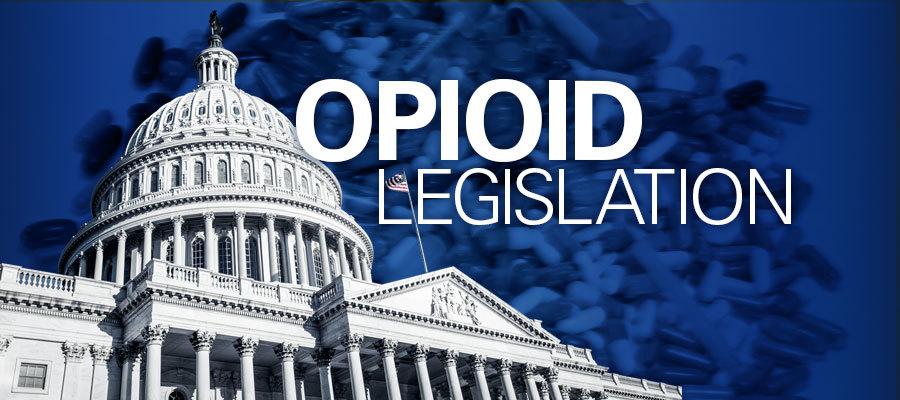AHA supports Opioid Workforce Act

The AHA yesterday announced support for the Opioid Workforce Act of 2019, bipartisan legislation to reduce the nation’s shortage of opioid treatment providers by increasing the number of resident physician slots in hospitals with programs focused on substance use disorder treatment. “Your legislation would address existing shortages by adding 1,000 Medicare-funded training positions in approved residency programs in addiction medicine, addiction psychiatry or pain management,” AHA said in a letter to Rep. Brad Schneider, D-Ill., the bill’s author. “These new slots would constitute a major step toward increasing access to SUD treatment for communities in need.” Schneider is joined in introducing the legislation by Reps. Susan Brooks, R-Ind., Ann Kuster, D-N.H., and Elise Stefanik, R-N.Y.

